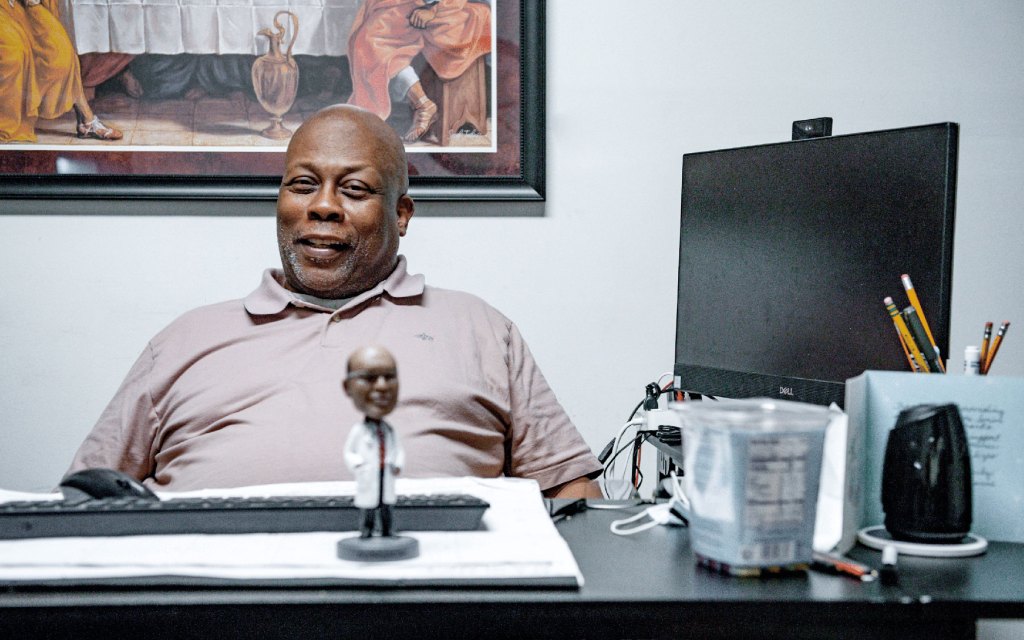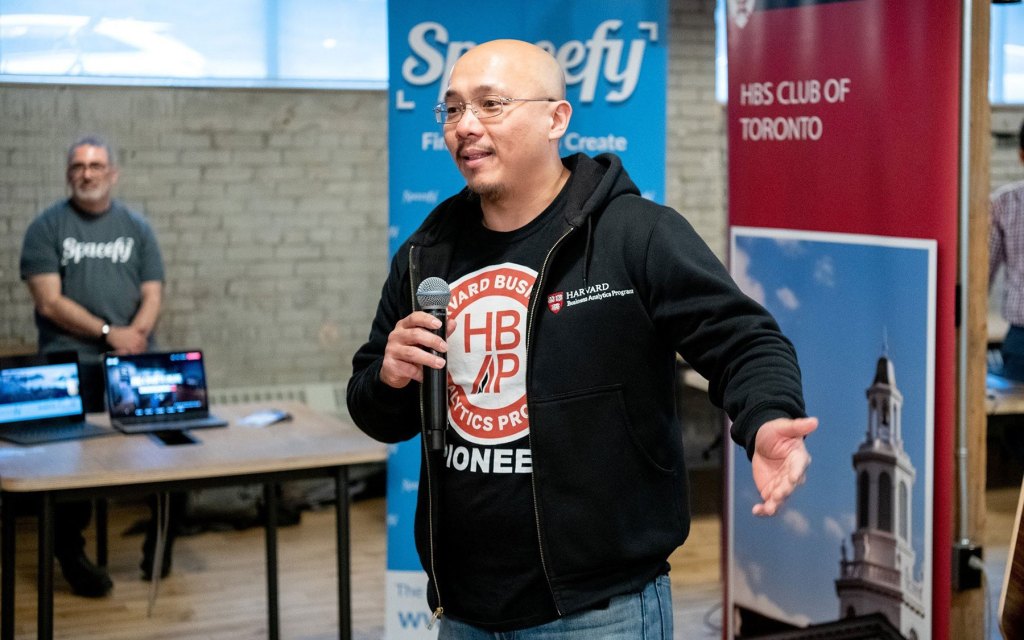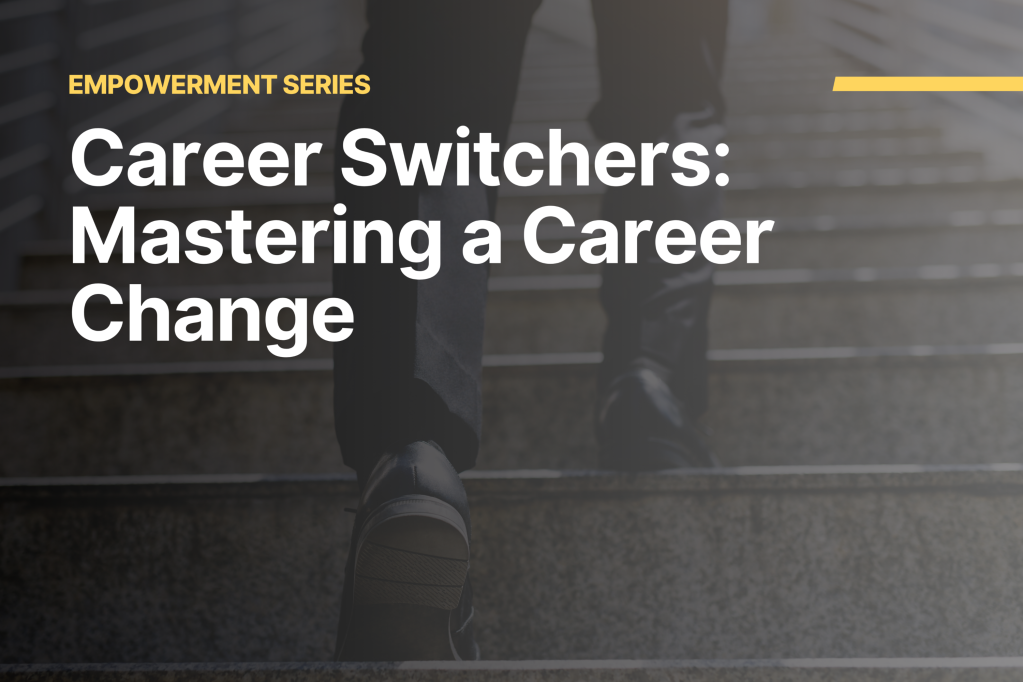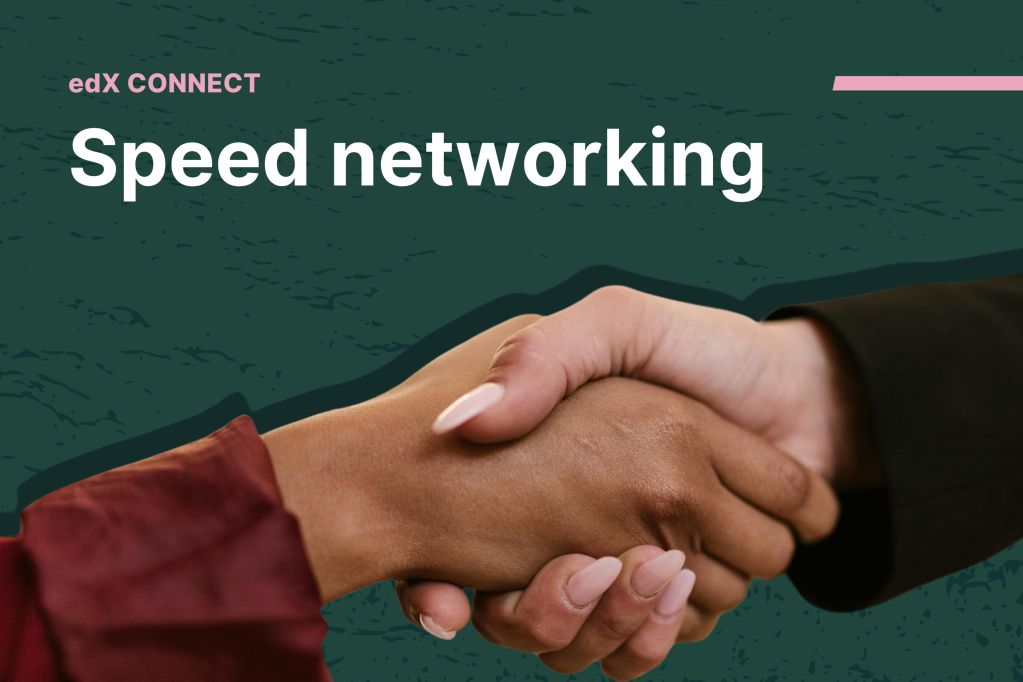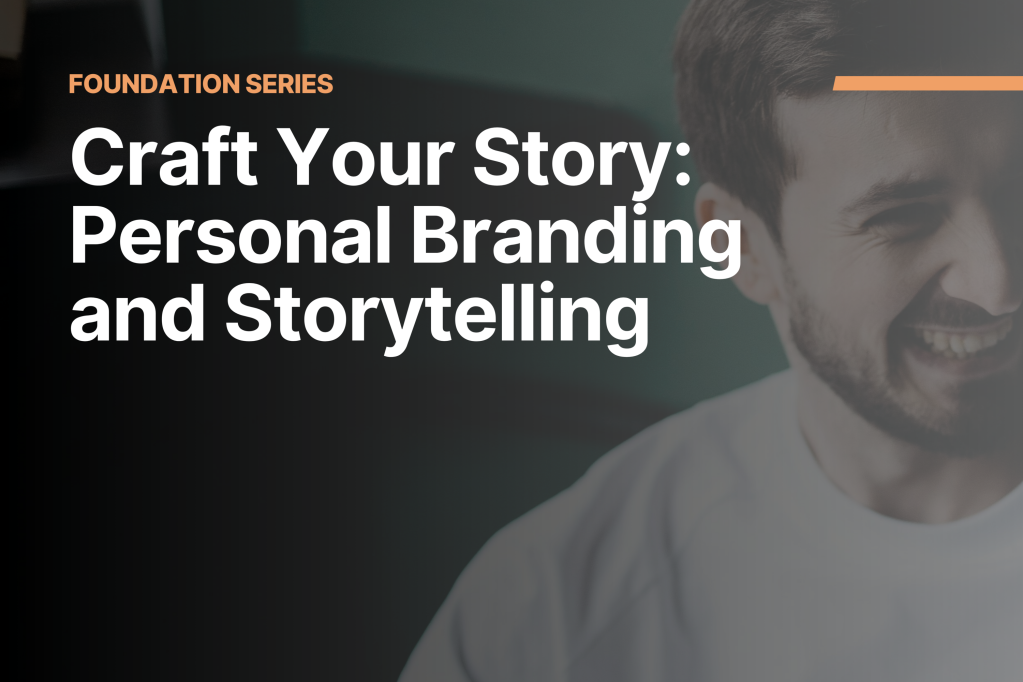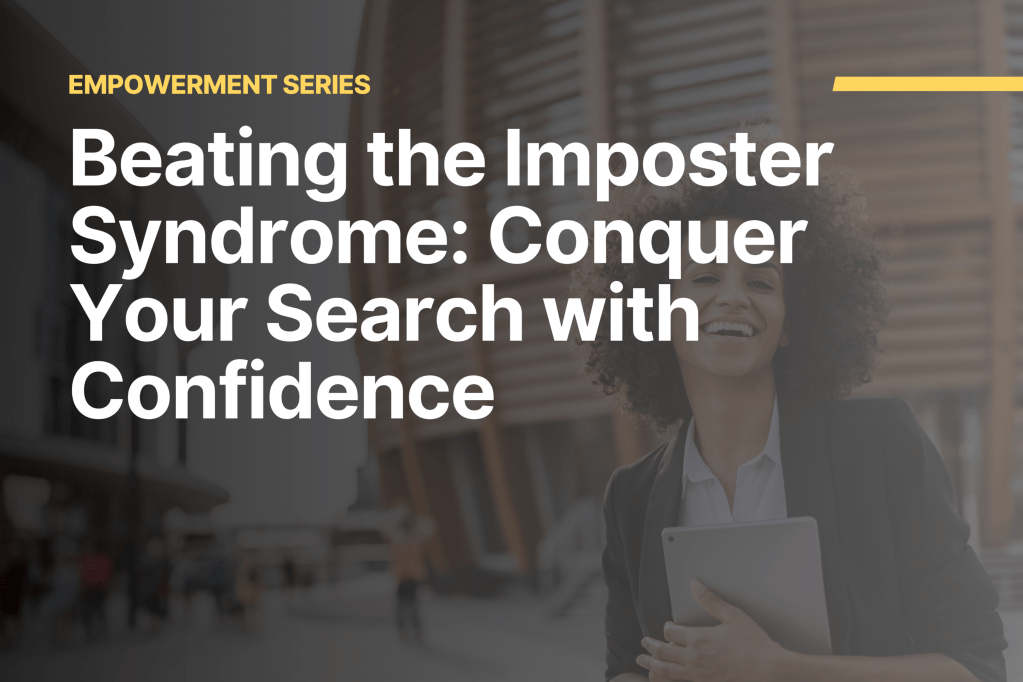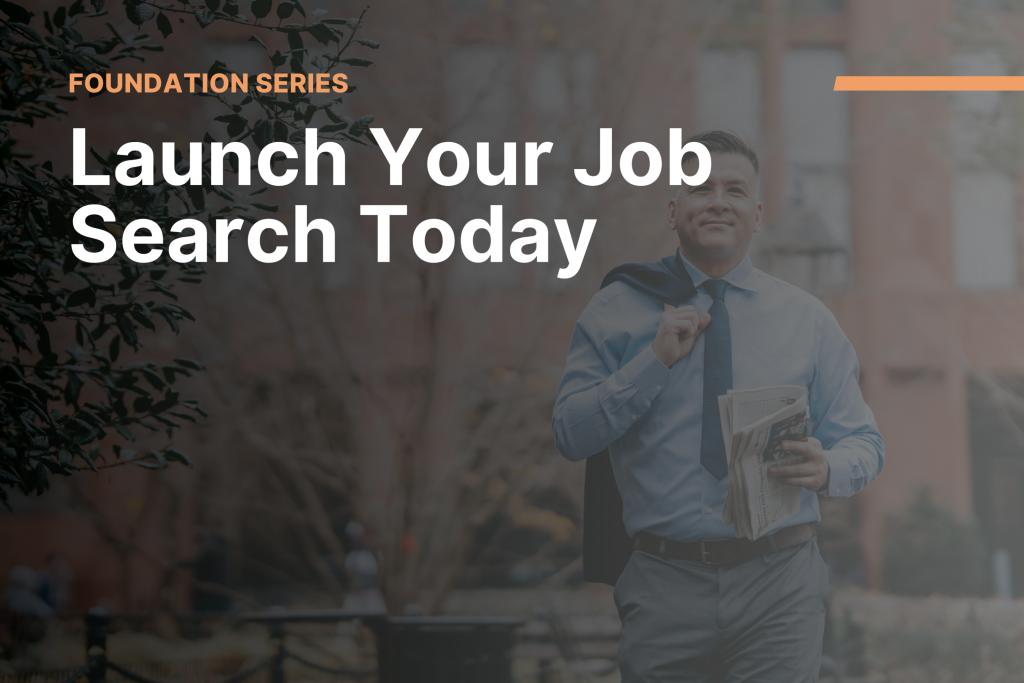
Employer-ready candidates understand how to speak confidently about their technical and transferable skills to sell their professional value to employers. View a more detailed interview prep guide in the Behavioral Interview Prep Guide.
Tell me about yourself.
Think about your past (previous experience and education), present (your current job and how it’s preparing you for this role), and future (why you want the job you’re interviewing for).
Tell me about a professional experience where something didn’t go according to plan. What did you learn?
There’s no one perfect way to answer this question. Interviewers want to know what skills you demonstrate in high-pressure situations. Are you analytical or creative? Do you ask questions and lean on other members of your team for support? They want to know what value you’ll add to the team and if you’re able to adjust approaches to find a solution.
What about our mission resonates with you and why?
Communicate that you understand and are inspired by the organization’s work. Talk about your connection to their cause, and how the work will fulfill you. The interviewer wants to observe your body language when discussing their mission. Do your eyes light up when you talk about the organization’s vision? Do you sound engaged and passionate about their cause?
How do you stay organized when you have a lot of responsibility and competing priorities to juggle?
This question is designed to see if you’re able to multitask, especially because non-profit budgets are tight and resources are limited. Talk about specific organizational tactics, like maintaining a to-do list or blocking out time on your calendar to work on specific projects that need to be prioritized.
What do you think are the greatest challenges facing our cause today?
This question is designed to assess your understanding of key challenges the organization seeks to address. Not only do you want to demonstrate industry knowledge, you should also highlight your innovation and problem-solving abilities. Wrap up your answer by suggesting ideas for how the organization may be able to approach these challenges constructively.
This role involves a lot of interaction with community members. Is that something you can see yourself doing on a daily basis?
This question is designed to evaluate your readiness to work in a community-oriented position. Your answer should be positive and detailed. Explaining why you are a match for this kind of role.
Tell me about a problem you had in your last job and how you resolved it.
Think of a situation where you had to use your analytical, teamwork, and communication skills. This should be a situation where you experienced a successful outcome. Describe what you encountered clearly but briefly, then describe the steps you took to resolve the problem, implement the solution, create the process, or whatever other action was required.
What diversity, inclusion, and/or cultural competence training or coursework have you received and how have you applied what you learned in your current or previous roles?
Zoom in on a few key takeaways from training or coursework you’ve completed. Pick a specific time when you incorporated one of those takeaways into your work. Tell a story using the STAR method.
What additional skills and experience would you like to acquire in this role?
This question focuses on how you will grow at the organization and keys the interviewer into how you may stay engaged and motivated at work. It’s okay to note if you are still figuring this out, but show that you are interested and have put thought into working at their organization. Be confident and show areas where you want to improve.
How could you use your unique skills, experience, and perspective to further our cause?
This question asks for introspection, giving you the chance to go into more detail about your suitability for the role, while also providing space to discuss aspects of your character or background that may not be on your resume. This is a perfect opportunity for you to connect the dots between professional or personal experiences outside of nonprofit with the role you are interviewing for.
Pro Tip: Always keep your answers positive, demonstrate what you’ve learned, and tell a story using the STAR framework (Situation, Task, Action, and Result) for behavioral questions so you can provide details about your accomplishments.

